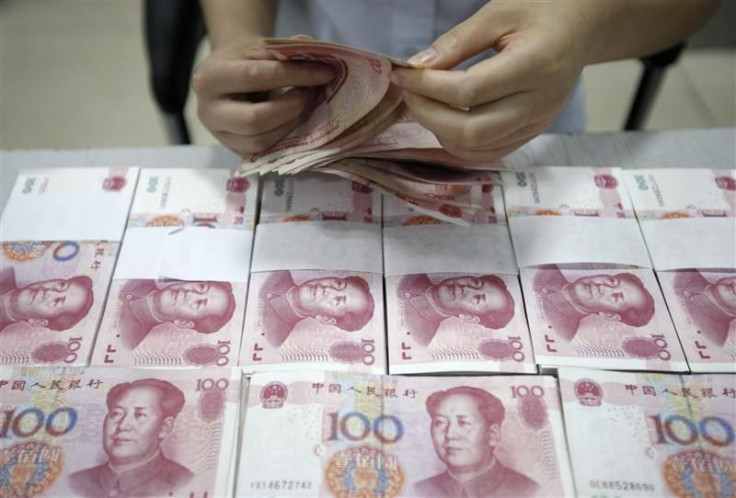China June Trade Surplus Widens On Weak Imports

China's trade surplus widened to $31.73 billion in June, up 42.9 percent compared to the same month last year amid slower-than-expected growth in imports, raising concern that the world's second-largest economy isn't doing enough to stimulate domestic demand and avert a slowdown.
Imports rose 6.3 percent to $148.48 billion in June compared to the same month in last year, down from 12.7 percent in May, while exports climbed 11.3 percent to $180.21 billion, leaving a surplus of $31.73 billion, according to customs data released Tuesday. The weak domestic demand and a downturn in the property sector have hurt China's economic growth.
China is targeting an economic growth rate of 7.5 percent in 2012, which is a significant decrease from recent years. China's gross domestic product growth slowed to 8.1 percent in the first quarter, the lowest rate in three years, due to soft global demand and reduced real estate investment. In 2011 and 2010, the economy grew by 9.2 percent and 10.4 percent, respectively.
This report comes when data from the National Bureau of Statistics showed Monday that the consumer price index of China rose 2.2 percent in June from a year earlier, down from 3 percent in May. The diminishing inflation should be good news, because it can help the government invigorate growth without much concern about rising prices.
Last week, the People's Bank of China (PBC) cut interest rates for a second time this year. The one-year benchmark lending rate will fall by 31 bps, taking it to 6 percent. This easing in the monetary policy is seen as a much-needed thrust to boost liquidity in the financial system and help the economy regain its growth momentum.
Previously, the World Bank reported that China's export-and-investment-driven economic model, though successful for decades, was no longer sustainable and reforms were needed to prevent a sudden slump in growth. The World Bank said the country's economic growth would slow down to 5 to 6 percent annually by 2030 and a major overhaul would be needed to sustain even that level.
Beijing's goal this year would be to promote a steady and robust economic development, keep prices stable and guard against financial risks by keeping money and credit supplies at appropriate levels while being cautious and flexible.
© Copyright IBTimes 2024. All rights reserved.











